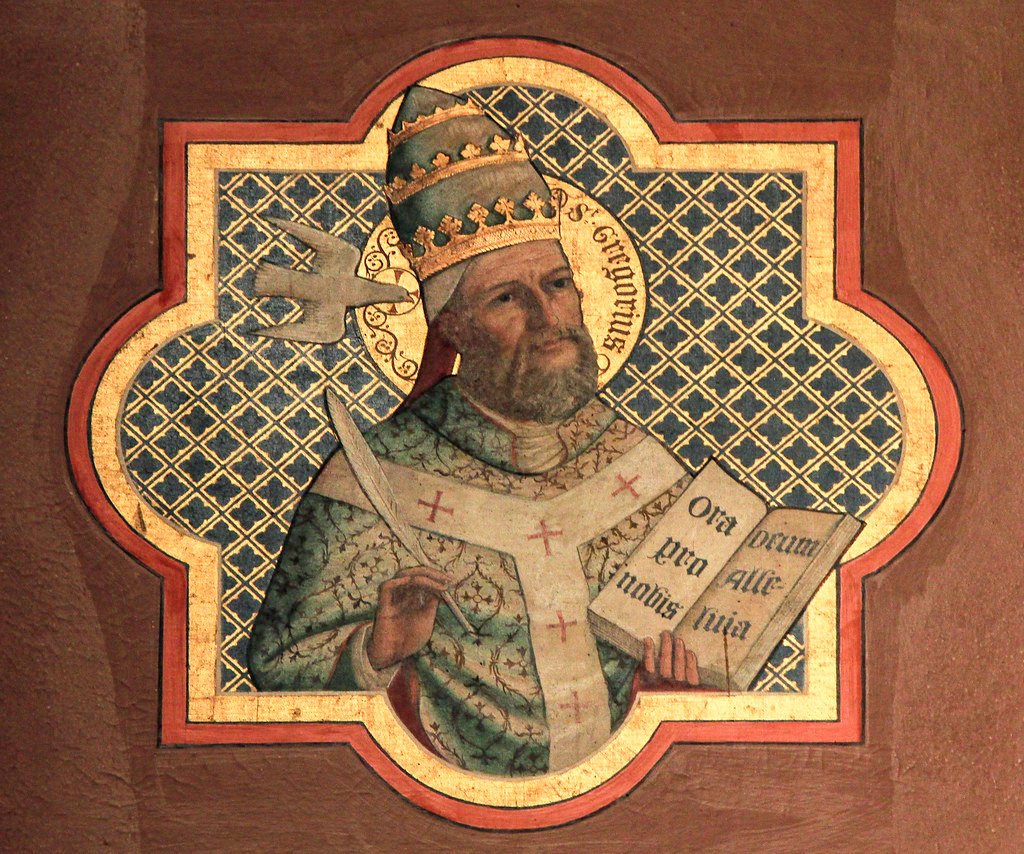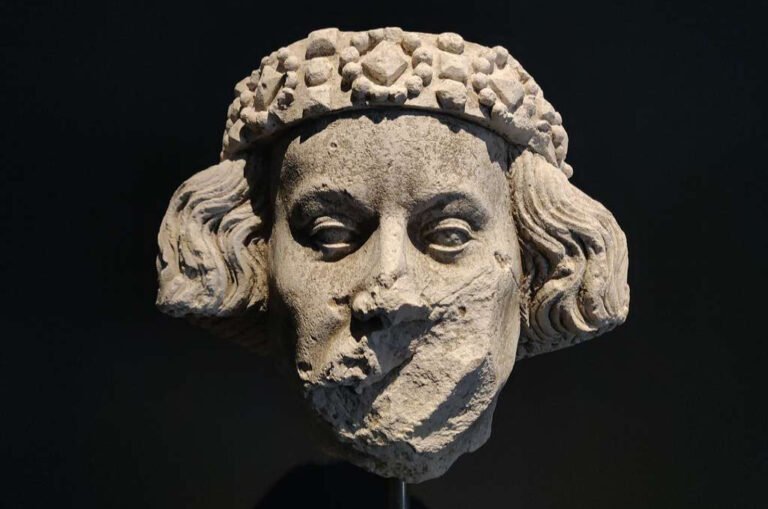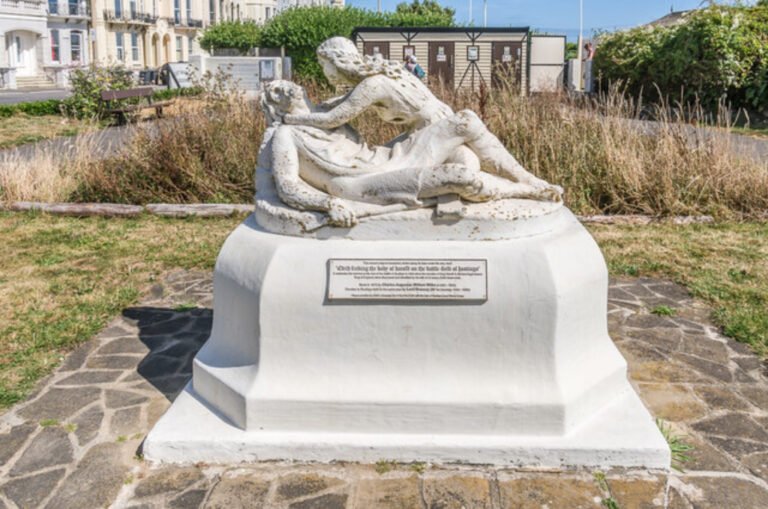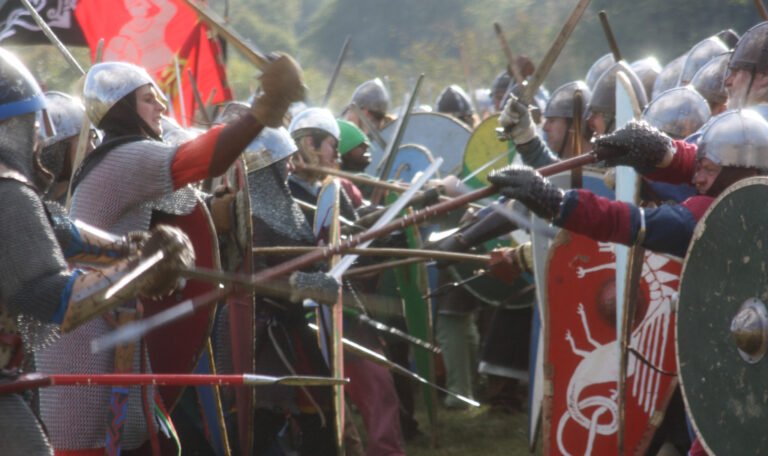Pope Gregory I, also known as Gregory the Great, was a significant figure in forming the early medieval Church and its future. His leadership marked a move in the papacy’s role, especially in dealing with secular powers and missionary activities. Often referred to as one of the most persuasive popes in history, Gregory’s approaches and reforms set the establishment for Christianity as we know it today. But who was Pope Gregory, and how did he change both the Church and the broader world during his tenure?
Historical Context
To understand Pope Gregory’s significance, we first need to consider the state of Europe in the 6th century. The Roman Realm had fallen in the West, and Europe was divided, with barbarian kingdoms competing for dominance. The Church, as well, was struggling with heresies, inner divisions, and power vacuums. Christianity’s impact, particularly in Western Europe, was conflicting, and numerous regions remained pagan or followed Arianism, a heretical sect.
Against this chaotic backdrop, the Church required strong administration, both spiritually and officially. This was the context in which Pope Gregory emerged, prepared to guide the Church through its challenges.
Early Life of Pope Gregory
Gregory was born around 540 AD into a wealthy Roman family, likely of senatorial rank. His family had close ties to the Church, and his great-great-grandfather was Pope Felix III. Gregory himself, however, was initially drawn to public service and became a high-ranking administrator in the Roman government. Yet, after a few years, he turned away from public life to become a monk, a decision that would shape his spiritual worldview and future leadership.
His experience in both governance and monasticism uniquely prepared Gregory for the challenges ahead, blending an administrative mind with deep spirituality.
Gregory’s Rise to Papacy
Gregory’s path to becoming pope was unconventional. After years spent in monastic seclusion, he reluctantly accepted the position of deacon, a step that would eventually lead him to the papacy. He became pope in 590 AD, at a time when Rome was struggling with both plague and political instability. His election came with immense responsibility, but Gregory’s background prepared him to meet these challenges head-on.
His early years as pope were marked by immediate action. He took steps to address the welfare of the people, particularly during Rome’s outbreaks of famine and plague.
Reforms Initiated by Pope Gregory
Pope Gregory was a reformer at heart, and his time as pope reflected his desire to rebuild the Church from within. One of his most striking changes was in the area of church governance. He sought to improve the effectiveness of the Church’s administration, making it more responsive and organized. Gregory emphasized the role of bishops and priests as shepherds of their congregations, setting higher standards for their ethical and spiritual conduct.
He also rebuilt the Church’s finances, ensuring that resources were more successfully distributed, especially to the poor and the needy.
Pope Gregory’s Influence on Liturgy
One of Gregory’s most enduring legacies is his impact on Christian worship, particularly the development of Gregorian chant. While it’s debated how much Gregory directly contributed to these chants, they are named after him because of his efforts to standardize and reform liturgical practices. Gregorian chant became central to medieval Christian worship and continues to influence religious music today.
Gregory also worked to standardize the Roman liturgy, ensuring that worship was uniform across the Church, which helped strengthen its unity during a period of fragmentation.
Missionary Work Under Pope Gregory
Gregory’s passion for missionary work was one of his most transformative contributions. He recognized that for Christianity to flourish, it required to spread beyond the boundaries of Rome. His missionary efforts were especially centered on Northern Europe, where he played a significant part in the transformation of Anglo-Saxon England.
He famously sent a mission led by Augustine of Canterbury to Britain in 596 AD, leading to the change of King Æthelberht of Kent. This missionary work would lay the establishment for the future spread of Christianity all through Britain and the wider Anglo-Saxon world.
Pope Gregory’s Diplomatic Skills
Gregory was not just a spiritual leader; he was also an astute diplomat. He had to navigate complex connections with the Byzantine Empire and different barbarian kingdoms that ruled over Italy and other parts of Europe. His diplomatic efforts helped secure peace and stability in a turbulent time.
For example, Gregory negotiated peace settlements with the Lombards, a Germanic tribe that had attacked Italy. His capacity to maintain diplomatic relations with both secular rulers and religious specialists cemented the papacy’s role as both a spiritual and political control.
Writings and Contributions to Theology
Gregory was also a prolific writer. His works, such as “Dialogues” and “Pastoral Care,” became theological touchstones for centuries to come. In “Pastoral Care,” he outlined the qualities and duties of a good bishop, emphasizing the importance of humility, moral integrity, and spiritual guidance.
His writings influenced not just the Church but also medieval kings and leaders who looked to him for advice on governance and morality.
The Gregorian Mission to England
One of Gregory’s most impactful endeavors was his mission to convert the Anglo-Saxons of Britain. This mission, driven by Augustine of Canterbury, was a resounding success and resulted in the foundation of Christianity as the overwhelming religion in the region. Gregory’s mission to Britain also paved the way for future efforts to Christianize other parts of Northern Europe.
Pope Gregory’s Views on Monasticism
Gregory’s early life as a monk profoundly influenced his papacy. He believed that monastic life was essential to the Church’s spiritual health. He encouraged the spread of monasticism and integrated it more closely with the broader Church. His support of monastic communities helped create centers of learning and spiritual renewal across Europe.
Pope Gregory and the Role of Charity
The Charity was a foundation of Gregory’s papacy. He saw the Church as having a responsibility to care for the poor and helpless. Under his administration, the Church extended its charitable activities, giving food, shelter, and other help to those in need. Gregory’s emphasis on charity also strengthened the Church’s moral authority in a time of widespread poverty and suffering.
Legacy of Pope Gregory I (Gregory the Great)
Pope Gregory was canonized shortly after his passing, and he is recognized as a Doctor of the Church. His impact on medieval Christianity cannot be overstated. He set the establishment for the Church’s central role in European politics, changed its structure and liturgy, and extended its missionary reach.
Today, Gregory is remembered as one of the most persuasive figures in Christian history. His leadership style, combining spiritual dedication with practical governance, proceeds to inspire both religious leaders and laypeople alike.
Criticisms and Controversies
Despite his many achievements, Gregory’s papacy was not without controversy. Some critics argue that his centralization of power set a precedent for future conflicts between the papacy and secular rulers. Others debate his role in shaping Gregorian chant, suggesting his contributions were overstated.
Conclusion
Pope Gregory the Great’s legacy endures not only because of the reforms and missionary efforts he championed but because he understood the transformative power of faith and governance. His influence is felt in both the liturgy of the Church and the spread of Christianity across Europe. Gregory’s vision of a united Christian world helped lay the groundwork for the medieval Church’s dominance and continues to resonate today.








